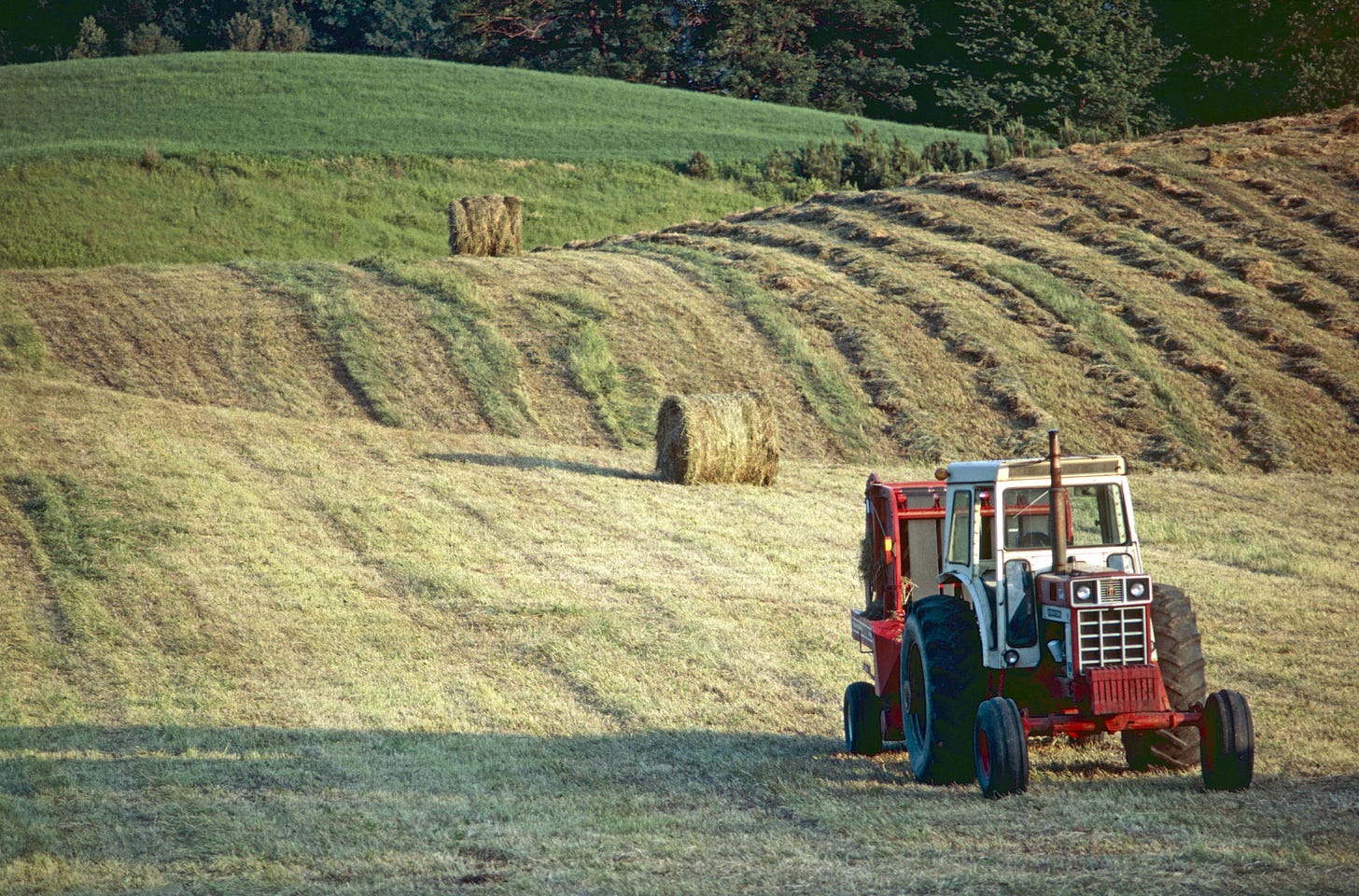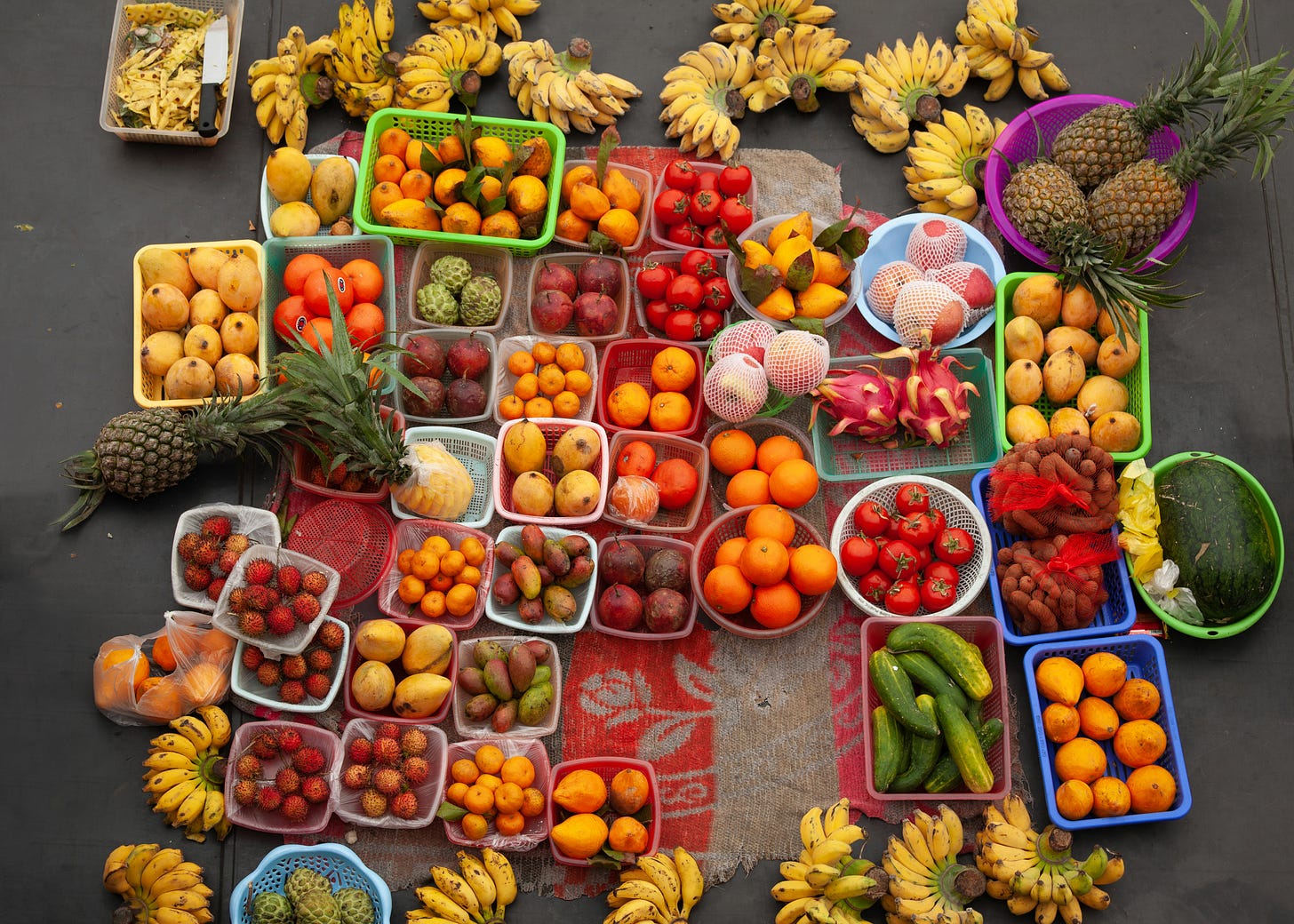Photo credit: GraceHues Photography on Unsplash
It’s a glorious autumn morning this Sunday in Milan with a bright, clear light that almost feels like it’s from a different season despite the chill in the air at last. It’s also prompting me to reflect on recent events in ways I haven’t done for a while and see what comes out.
This morning my desktop Outlook let me know that it isn’t working. To be fair, it’s been doing this for a few days but I’ve been conveniently ignoring because there were other things to focus on. It turns out the hosting service’s encryption settings have been updated but no one bothered to inform me about that. And in order to change them on my pc, I need to back up all my mails locally - there are a lot - remove the mailbox and reinstall it with the new settings. That’s probably a half day’s work all in all. I don’t use the Cloud beyond Gdrive, Zoom, a few collaborative tools stuff so online mail isn’t going to be an option. FFS. Some techie somewhere decided to change security codes. Who cares about the impacts beyond ticking your own boxes? Who even thinks about them? The butterfly effect is not lost on me.
This weekend a friend posted about the recent genius decision of the new UK Government to make significant changes to Agricultural Property Relief (AFR). It seems the rationale is that a farm is an asset so its owners must be wealthy, therefore are able and must contribute to the £22bn black hole that exists in British public finances. I worked for what has become DEFRA many years ago, modelling scenarios for the budget for social housing (it is now 5 times that) and making policy recommendations for where funds should therefore be allocated. It was a very eye-opening, useful experience for the green one in me who thought back then that getting into policy-making would be a worthwhile form of environmental work. Instead I learned all about how to manipulate information for political objectives. I can only imagine how the Treasury has arrived at this illuminary decision.
I also studied agricultural business management and worked for a short time in the sector. Even though it feels like that was in a different life and I’ve had little to do with agriculture since, it is pretty clear that the government don’t understand the endless challenges that farmers face in sustainably producing healthy food and earning a decent income so that they can keep doing so. The policy choices really beg some key questions for me, that go beyond the agricultural sector itself:
Why do the bureaucrats in Whitehall still believe that there is a direct linear relationship between profitability and asset value?
And that only 1 in 4 farms in the UK will be affected? Viable working farms are worth more than £1m so only smallholdings will be exempt from inheritance tax.
How are the policy-makers recognising the complexity of tightening margins for decades (because of how food is largely distributed and sold), high inflation (the economy is not stable and it is foolish to continue considering it as such), changing weather patterns and rising production costs?
And how do they believe those conditions can be squeezed even further to ensure their tax payments come in on time?
Photo credit: Michael Hamments on Unsplash
In essence, working farming families will be forced to sell their land. Private ownership is a questionable thing but I wonder who will be buying up these assets - wealthier landowners or investors speculating on the essential societal need that is the production of food through industrial-scale farming as the pace of climate change picks up as well? I’m also curious if Al Gorithm and his nasty friends helped to make these policy choices which appear to be in favour of continuing globalisation at all costs.
To the best of my knowledge, Waitrose is the only UK supermarket chain - and the most expensive one - looking into the possibility and viability of sourcing its products through more regenerative approaches to agriculture. Does that mean that good quality food produced in ways that respect nature and follow living principles will only be available to the wealthy? I appreciate that transforming global supply chains and the embedded culture that created them is not an easy thing to do. There are so many entrenched interests and often a real lack of experience in dealing effectively with complex challenges. For any business taking climate change and its knock-on effects on economy and society seriously though, it’s also an absolute imperative.
I don’t buy the black hole argument as a justification for billions of cuts and tax rises either. If that is so, and so much needs to be invested anyway in public health services, social housing and education, what does that say about the quality of life in a G8 country, the ability of the state to manage public finances well and the distribution of wealth and power in such a nation? What does it say about how we are making sense of life in order to flourish? Or is the flourishing going to be increasingly only for the few who are already rich and powerful?
Photo credit: Yaopey Yong on Unsplash
One final thought for now on the theme of climate change. Many of us have no doubt been watching the recent news about floods in the province of Valencia with horror, also the recent similar catastrophe in North Carolina and in Libya before that. The images feel Biblical and prophetic in their nature. We have had torrential waters here in Italy too, along with lots of storm damage because large trees have fallen over. There’s very little coverage however in the mainstream media today about geoengineering, or the impact of six-continent supply chains on weather patterns or how fast fashion and low-cost travel are wrecking many places we would be wiser to protect.
Local weather events can be devastating for sure, but so is the lack of essential maintenance that results from the choice to spend public money on supporting events intended to be inclusive, like Pride, bicycle races or marathons, or to return funds to the central authorities because it brings rewards of political favouritism and power. That’s what has been happening where I live at least. I can’t help but think back to the Paris Olympics as well. A multi-billion dollar event that no doubt also earned more for France, terribilement inclusive et pc, yet the Seine was still disgusting, the quality of food and accommodation for athletes lacking (to put it politely), and the surrounding areas and nearby banlieues cleared out beforehand by the police to make sure there would be no disturbance with the eyes of the world on the opening entertainment. Are votes and earning money really more important than taking care of the ecology that supports all of us?
Finally, there’s the big one - what will happen next week in the US? I’ve honestly not paid that much attention since all elections in so-called neoliberal democracies seem to have a similar colour and flavour these days. Propaganda wars, populist policy choices and slogans, lots of slagging off the other sides so that if nothing else, people will vote against the opposition instead of putting their crosses on the ballot paper for something they actually really believe in. Little real ideology, lots of fake news, lots of screaming noise. I can no longer see the democracy except in name, and have to say that at least for me, late-stage capitalism really freakin’ sucks.
So do some pretty evident connections I see among all the above with progressive narratives and their power to drive agendas that are definitely not in your or my best interests. Our accelerating dependence on technology, often programmed quite frankly by people who have not yet experienced that life is not just binary, and its ability to dictate how we live and make money, trace what we do and supposedly keep us secure from bad people and accelerating existential risk. How so many of us are willing to give up our sovereignty and autonomy - things that are essential for complex living systems like ourselves to respond to those growing risks - to the state, authorities, all things Big (agriculture, pharma…), the organisations and authorities that we believe will come and save us. The value of centralised decision-making and power to guide and protect us.
But they aren’t saving us and they won’t. Seeing how ordinary people are mobilising themselves to respond to catastrophe is on the other hand deeply heartening. And I’m really inspired by how communities around the world are starting to really practise bioregional regeneration. A movement is gaining strength and effectiveness.
Photo by todd kent on Unsplash
On a rather different note to surface some kind of meaning in this free association of recent happenings, I’ve started to do some regular hip-opening postures in the last week, as part of my daily yoga practice. I’ve done yoga in different forms for more than 30 years but not paid much attention to the hips for a while, which is a part of the body where a lot of emotional energy is held. I can feel the impacts of these stretches immediately - I’m impatient, cranky, noticing that I don’t have much of a tolerance bandwidth right now. It’s as if a lot of pent-up frustration is being released. It feels good and I realise I need to direct that energy usefully, rather than let it express itself without restraint around me.
More than anything, I’m seeing how all these events - from the banality of my personal inbox, to the conversations I’m involved in and the challenges in how I’ve chosen to make my living, to the stories I hear first-hand and witness through screens of how people are responding to life when the sh*t hits the fan, to the big stuff I feel I have no agency for - can easily knock me off balance. I tend to get on with life, then discover that alarm bells go off in the living system that is my body. I put my back out early in the summer and am now letting go of what has been stuck in my hip area for several decades (or even lifetimes). I’ve distanced myself from situations and people that used to feel good and right, because they now agitate and upset. That’s both an understandable human response to stress, and an emergent choice that empowers and focuses the energy I have available. At the same time, it’s not always the best way to respond to rising complexity.
I’m wondering then what helps us to stay grounded, open and fluid enough to find our ways through the storms that rage around us. If stability is not what we have long thought it is: making sure that things don’t really change so that we can continue on the paths that have been successful in the past.
What if it is actually something else altogether?
More about that next time.
Thanks for reading.








Great post, copied to my conversation groups. Thank you :-)